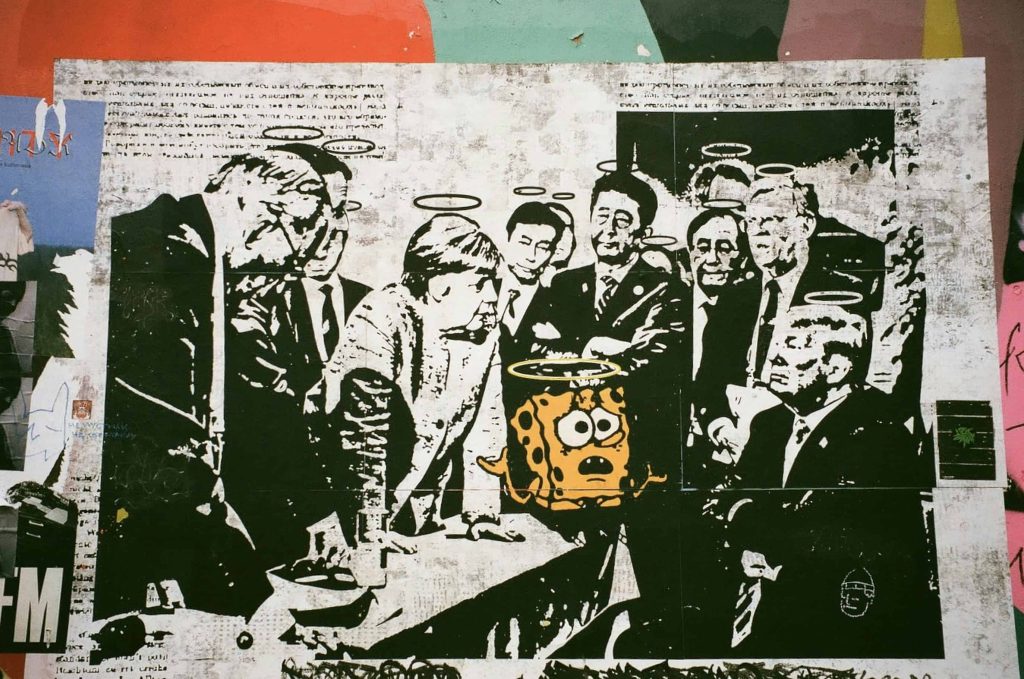The Poet’s Perspective on Society: Reflections and Critiques in 2024

Discover how poets shape societal, political, and cultural discourse through evocative critique and reflection.
Betina Lobo – Redefining Portuguese Poetry

Discover how poets shape societal, political, and cultural discourse through evocative critique and reflection.